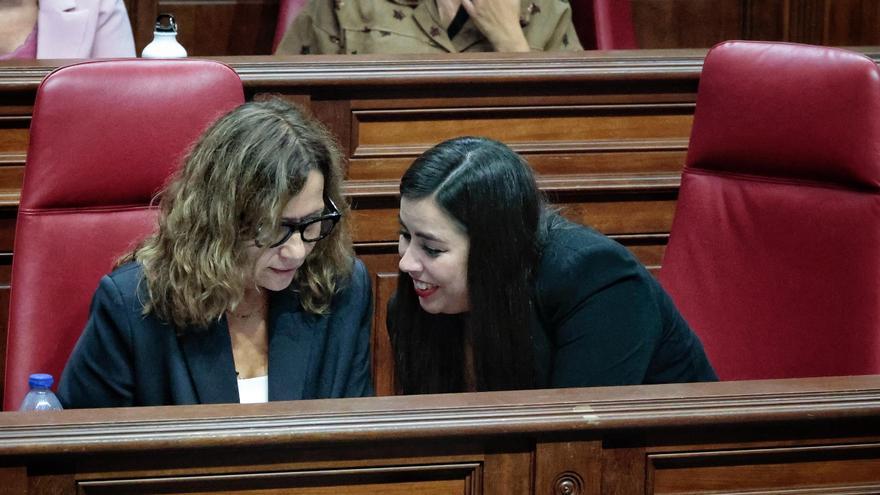Canary Islands Parliament Unanimously Approves Enhanced R&D Incentives
In a significant move to boost technological innovation, the Parliament of the Canary Islands has unanimously approved a proposal to expand tax benefits for research and development. Companies dedicated to R&D based in the Canaries that partner with other businesses located outside the archipelago can now benefit from increased deduction percentages under the region’s Economic and Fiscal Regime (REF).
A New Economic Model for the Archipelago
The initiative was championed by Socialist deputy Alicia Pérez, who argued that the islands “cannot remain anchored in a low value-added production model.” She emphasized that the issue is not a lack of talent, but a lack of effective incentives to transform that talent into tangible projects. The reform ensures that partners in “economic interest groupings and temporary unions of Canarian companies” can access these benefits regardless of where their fiscal domicile is located, provided the R&D activities are physically carried out within the Autonomous Community and all applicable regulatory requirements are met.
Strategic Investment in a Technological Future
The Socialist proposal includes a multi-pronged approach to strengthen the islands’ tech sector. It calls for increased budget allocations in the 2026 regional accounts, which are set to be submitted to Parliament on October 30th. Furthermore, it aims to boost programs for attracting and creating businesses, as well as fostering technological venture capital funds, thereby reinforcing the strategic positioning of the Canary Islands as a budding technological hub.
Strengthening Universities and Public Innovation
The plan also focuses on enhancing the research and innovation capabilities of the Canary Islands’ public universities, addressing the needs outlined in their institutional proposals. Another key element is the implementation and expansion of public procurement instruments for innovation, including contracts from the regional public sector, to drive demand for cutting-edge solutions developed locally.
Cross-Party Support and Political Debate
While the core of the initiative received broad support, the parliamentary session was not without political debate. Nationalist deputy José Manuel Bermúdez agreed with the proposal’s substance but criticized the previous ‘pact of flowers’ government, led by now-Minister Ángel Víctor Torres, for not advancing these measures sooner. In contrast, Conservative deputy Sonsoles Martín expressed surprise that the PSOE was advocating for tax deductions while the central government reportedly plans to increase social security quotas for the self-employed.

